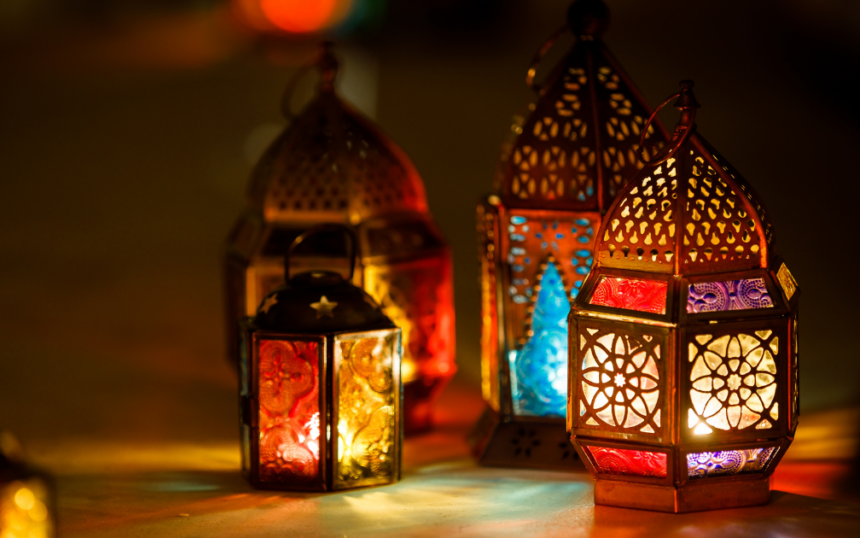On Monday, March 11, the Islamic month of Ramadan began. According to the BBC, Ramadan is a time of “fasting, reflection, community and family time. Ramadan is the ninth month of the Islamic calendar. During this period, Muslims are encouraged to fast and to give to charity, to show kindness and patience, and to strengthen their relationship with God.”
BBC correspondents Aleem Maqbool and Sara Monetta also explained the process that Muslims have during Ramadan. During Ramadan, Muslims have a morning meal known as Suhoor, but that is their only meal because during the day they can’t eat or drink anything until sunset passes. When sunset passes they have an evening meal known as Iftar or Fitoor. The complete fasting time of Ramadan occurs from Monday, March, 11th, and ends approximately on Tuesday, April 9.
Various DePauw students including Muhammad Faizan ’26 and Ahnaf Labib ’26 observe Ramadan and spoke on what Ramadan is, what it means to them, and why it’s important.
“Ramadan is a one-month-long period where Muslims fast from sunrise to sunset each day. We abstain from drinking, eating, and any kind of sexual desire between this period. I feel like Ramadan is a time for self-reflection and developing empathy for others. When we abstain from all these needs and desires it's a way of thanking Allah for his blessings by making these sacrifices. It is important to Muslims because this month is considered holy because it is the commemoration of the completion of the Quran (Our Holy Book),” said Faizan.
“Ramadan is a month of discipline. It is one of the 5 pillars of Islam. Muslims refer to this month as a month of purification. Ramadan is as culturally important to me as it is religiously. Since I am in the States now, I miss the festive environment we have back in Bangladesh. We would have big dinners with our extended family, which was a very joyous moment for me. It is also a really good opportunity for me to look back and reflect on my life and be thankful to Allah for the life I have. I can also discipline my lifestyle in the month of Ramadan. Whenever people think of Ramadan, they might just think of the abstinence from food and water throughout the day. It is actually a mental abstinence too,” said Labib.
Ramadan is an amazing time of reflection and developing kindness and love toward others. As Muslim students celebrate this holy month on campus, we can all engage in the mindfulness and gratitude that Ramadan encourages.



